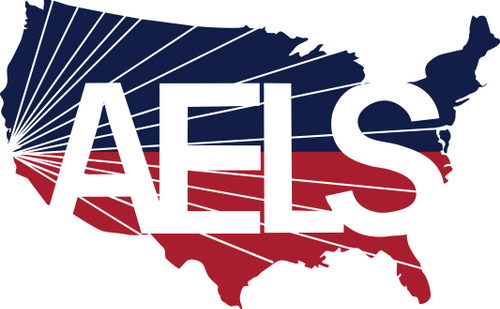
Why Americans Pay Tips to Their Servers


If you’re new to the United States, you might be surprised by the American custom of tipping in restaurants, cafes, and other service settings. Tipping—leaving extra money for your server at the end of a meal—is standard in American culture, and it’s a practice that may not be as common in other countries. This blog will explain why Americans tip their servers, how much is typically expected, and why it’s essential to be aware of this custom as an ESL student or newcomer to the U.S.
Tipping became a widely accepted practice in the U.S. in the early 1900s as a way to compensate workers who were not earning a regular hourly wage. Today, tipping remains a significant part of American dining culture, especially because servers, bartenders, and other service staff often earn below the minimum wage. In many states, servers rely on tips as a substantial part of their income. By tipping, customers help ensure that servers are fairly compensated for their hard work, friendly service, and attention to customer needs.
In the U.S., it’s customary to tip servers around 15-20% of the total bill. A 15% tip is generally acceptable for standard service, while 20% or more is typically given for excellent service. Many restaurants add an automatic gratuity for large groups, so it’s always a good idea to check your bill before paying. Tipping shows appreciation for your server’s effort, and it’s often considered rude or disrespectful not to leave a tip, especially if the service was good. Understanding this cultural expectation can help ESL students and newcomers feel more confident and respectful in social situations.
Aside from restaurants, there are other service settings in the U.S. where tipping is also common. For example, you might tip a bartender $1-2 per drink, a hairstylist around 15-20% of your bill, or a taxi driver 10-15% of the fare. In hotels, it’s common to leave a small tip for housekeeping ($1-5 per day) or for bellhops who help with your luggage. Each tipping scenario has its own customs, but knowing the general range of tips expected will help you feel more comfortable in these interactions.
At American English Language School, we believe in teaching English that prepares students for real-world situations, including understanding cultural customs like tipping. Our ESL (English as a Second Language) program covers a variety of topics to help students gain confidence in both formal and informal English, so they can feel at ease in any situation they encounter. With small class sizes, our experienced instructors provide personalized support, focusing on speaking, listening, reading, and writing skills in a practical, interactive way. Our classes are ideal for students who want to immerse themselves in American culture and learn essential language skills that apply to everyday life.
Understanding American customs like tipping can make navigating everyday interactions much easier. American English Language School’s ESL program helps students become fluent in all aspects of English communication, from ordering at a restaurant to exploring unique cultural practices like tipping. Join us to learn English in a friendly, interactive environment designed for your success!
Tagged: English Language School in LA, English Language School in Los Angeles, English School in Los Angeles
Published on November 3, 2024
A leading English language school accredited by the CEA (Commission on English Language Accreditation) and approved by SEVP (Student and Exchange Visitor Program) located in Los Angeles, California. Learn English in LA with our ESL classes, TOEFL preparation, and English speaking classes. Are you serious about improving your English? Join a class today!